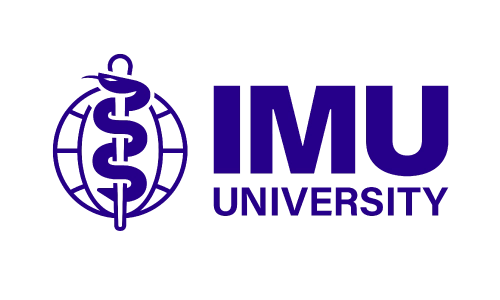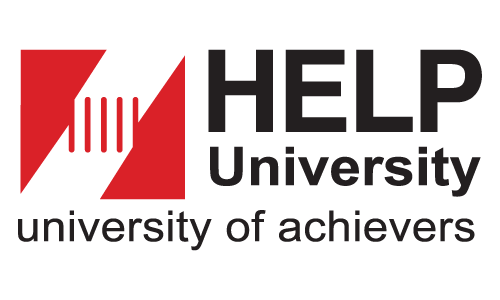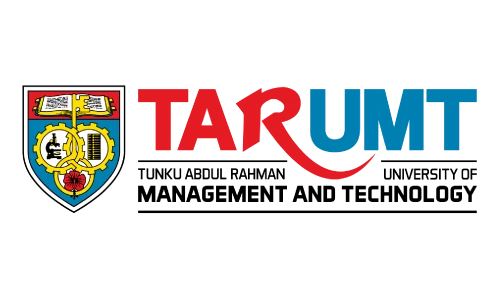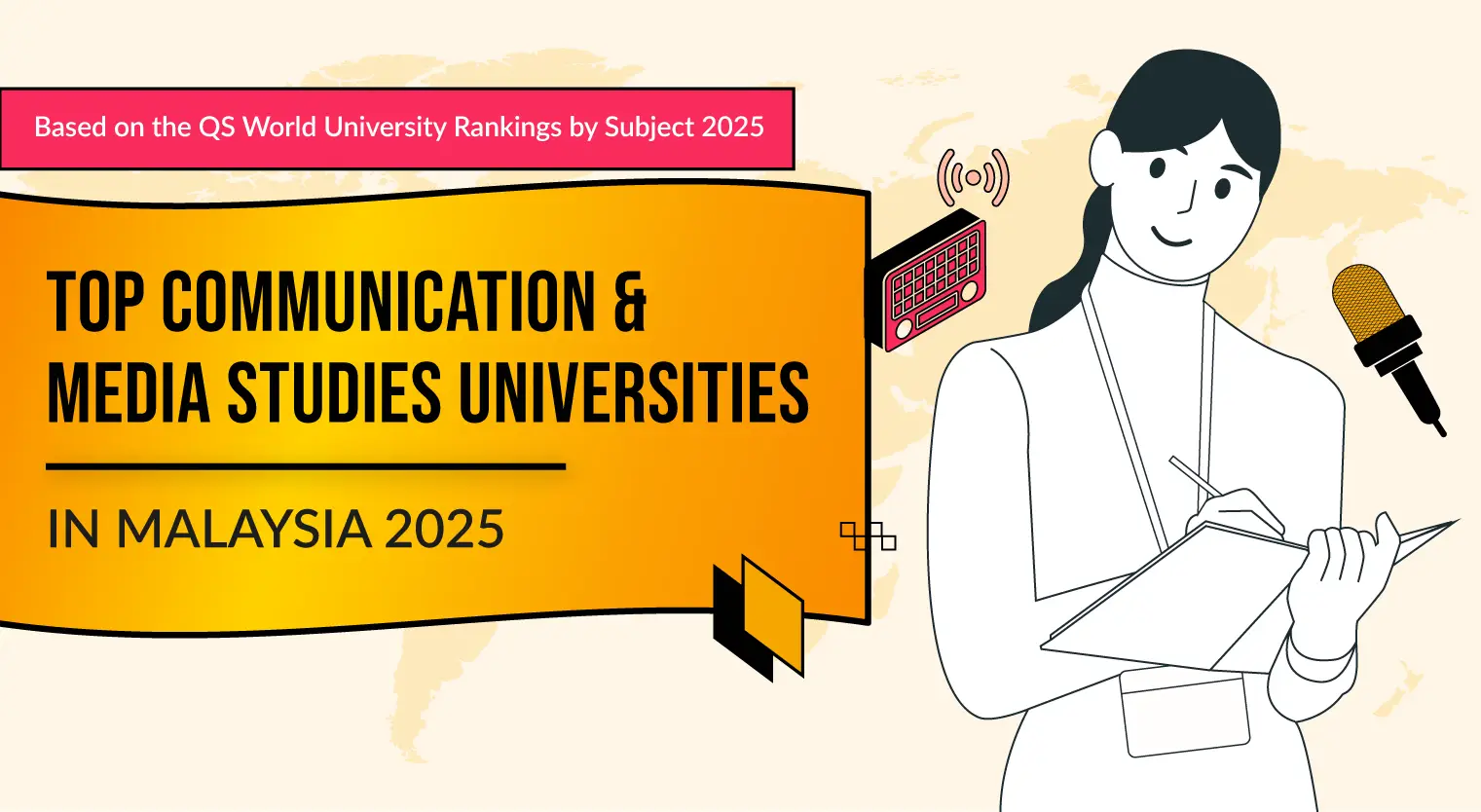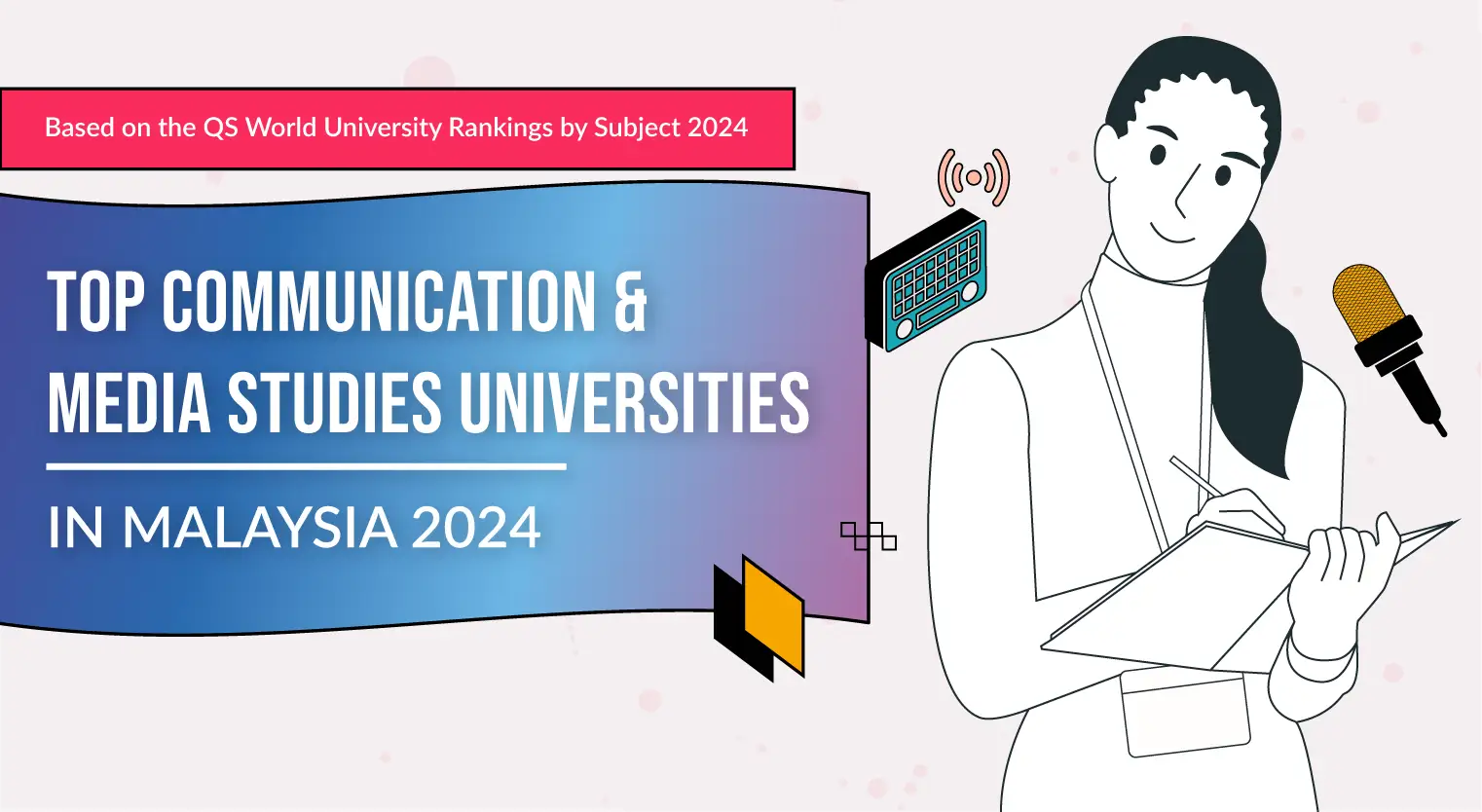The Complete Guide to Studying Mass Communication in Malaysia
What is mass communication? And what jobs can you pursue with a background in mass communication? Discover what it means to study the programme in Malaysia with this guide.

Do you like watching funny commercials and dream of being the one creating them? Do you have a passion for writing and assume the title of “Grammar Nazi” among your friends? Are you always watching the latest Jacinda Ardern speeches?
If you appreciate these things, and have both the talent and interest to create them, then a course in mass communication could be right for you!
This guide explores everything you need to know about studying a Mass Communication course in Malaysia, from what it is and how it works, all the way to the career options that you will have.

Universiti Malaya-Wales (UM-Wales)
Bachelor of Professional Communication
✓Dual Award from University of Wales Trinity Saint David (UWTSD) and accredited by the QAA from the UK
#1. What is Mass Communication?
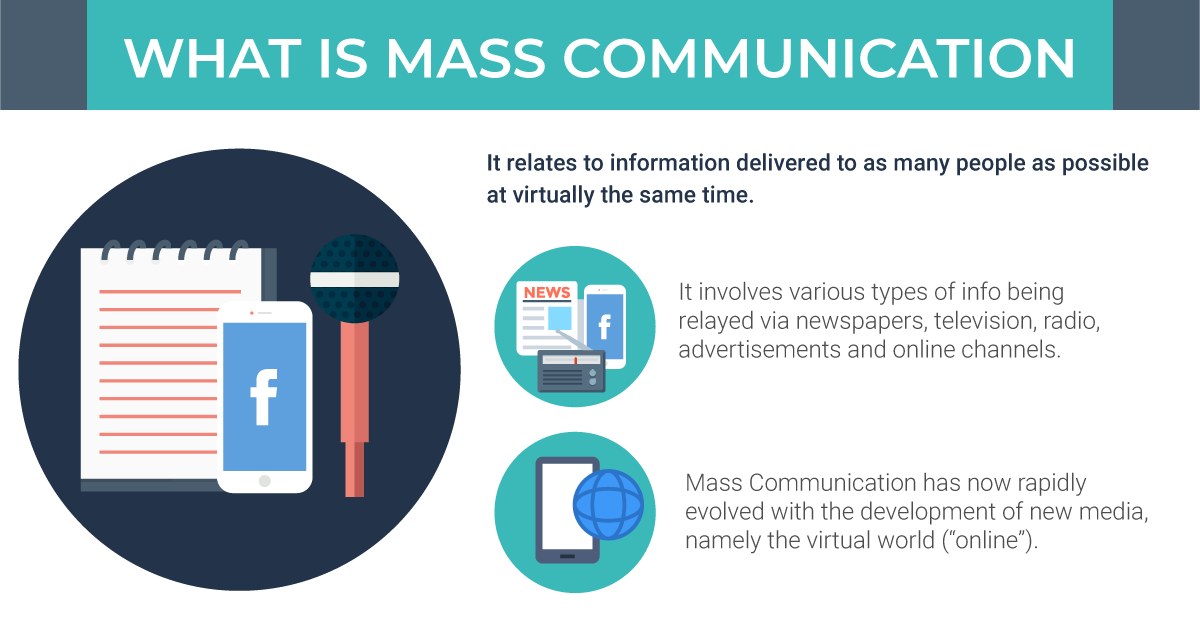
Mass Communication relates to information delivered to as many people as possible at virtually the same time. It involves various types of information — news, entertainment, branding, knowledge, advice — being relayed via newspapers, magazines, television, radio, advertisements and online channels.
One of the most exciting things about Mass Communication today is how it has rapidly evolved with the development of new media, namely the virtual world (“online”).
When you read the news online, watch TV and YouTube videos, or notice the latest billboards, you are being exposed to different channels and forms of Mass Communication!
What Are the Various Fields of Mass Communication?
These are the main fields usually covered with a Mass Communication degree:
| Field | What Is It All About |
|---|---|
| Advertising | Message to promote or sell products, services or ideas. You can see this everywhere, such as printed ads in newspapers and magazines, poster ads, billboards, and television and radio commercials. |
| Broadcasting | Distribution of audio and/or video content to a broad audience via any electronic mass communication medium (usually radio and television) |
| Journalism | Informs the general public about news, events and activities. You can see this in the form of newspapers, magazines, websites or TV. |
| Public Relations | Relates to the communication between an organisation or a person with the public and media |
#2. Entry Requirements for Mass Communication
(a) What are the subjects required to study Mass Communication?
There are no required subjects you need to take to pursue Mass Communication. However, you need to have scored a credit for English at SPM or equivalent.
(b) Diploma in Mass Communication requirements
A Diploma in Mass Communication requires you to have at least 3 credits including English at SPM or equivalent.
(c) Mass Communication Degree Requirements
To pursue a Mass Communication Degree, you need to complete a pre-university programme and meet the entry requirements.
- A Levels: Minimum of 2Ds
- STPM: Minimum 2Cs
- Foundation in Arts or Matrikulasi: Minimum CGPA of 2.00
- Diploma: Minimum CGPA of 2.00
In addition, you will also need a credit in English at SPM or equivalent.

#3. Studying Mass Communication in Malaysia
(a) What subjects will you study in an English course?
As part of a Mass Communication degree, you will take a variety of courses, usually including those that touch on advertising, journalism, communication skills, public relations, media literacy and types of mass media. It provides you with a wide range of industry-related knowledge, while allowing you to specialise in a focused area.
In your first year, you will typically learn about the basics of the industry. Some examples of subjects that are commonly taught in first-year Mass Communication degrees are:
- Introduction to Mass Communication
- Intercultural Communication
- Critical & Creative Thinking
- Communication Theory
- Media Writing
In your second and third year, you will usually be required to pick a field to major in (e.g. Advertising or Journalism). Some universities offer "Double Majors", which means you get to pick more than one field to further your studies in.
For example, if you take a double major in Public Relations and Marketing, the subjects that are commonly taught are:
- Public Relations
- Professional Media
- Public Relations Consultancy
- Media Law & Ethics
- Crisis Management
- Marketing
- Brand Management
- E-Marketing
- Consumer Behavior
- Relationship Marketing
At some universities, a compulsory internship may be part of the university’s degree programme. This is something that you should definitely take advantage of since hands-on experience could lead you to a potential future employer!
(b) How long is Mass Communication?
Mass Communication degrees are generally 3 years long.
If you decide to do a Diploma instead, it is usually 2 to 2.5 years long. Upon successful completion of your Diploma, you can choose to either start working, or enter directly into Year 2 of a Degree in Mass Communication.
PRO TIP
Make sure you have a portfolio of all your previous works while applying for jobs! Remember that internships can equip you with practical working knowledge, which is very useful for your future career in the media or creative industry.
(c) How much does it cost to study Mass Communication in Malaysia?
A Mass Communication Degree could range from RM42,000 – RM95,000.

Universiti Malaya-Wales (UM-Wales)
Foundation in Arts
✓Focused streams that will give you more exposure to your area of interest
#4. Your Education Pathway for Mass Communication
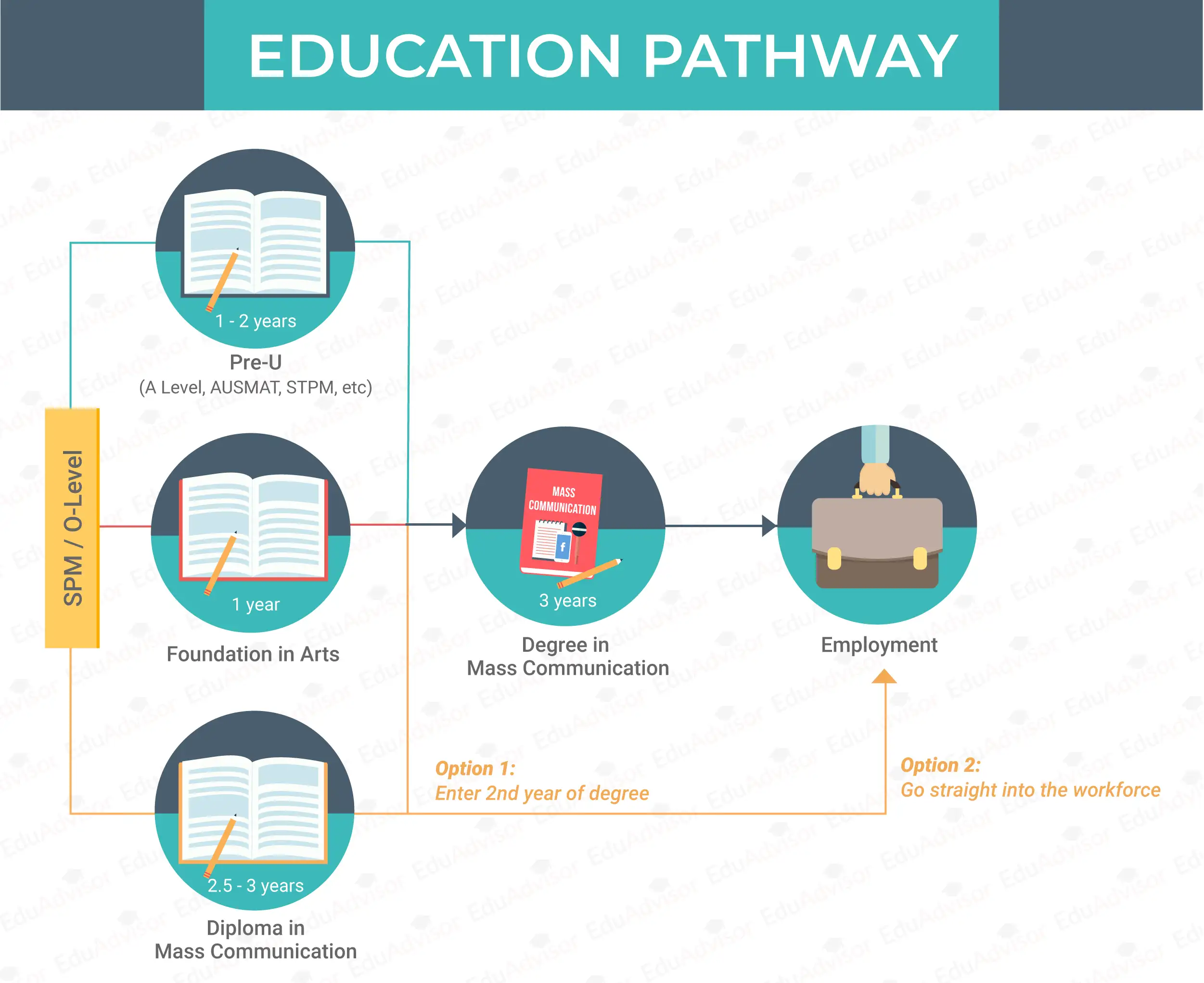 Upon the completion of your SPM or equivalent qualification, you can opt to enrol into a pre-university (STPM, A Levels, etc.) or Foundation in Arts programme. Alternatively, you can also choose to pursue a Diploma in Mass Communication.
Upon the completion of your SPM or equivalent qualification, you can opt to enrol into a pre-university (STPM, A Levels, etc.) or Foundation in Arts programme. Alternatively, you can also choose to pursue a Diploma in Mass Communication.
Completing a pre-university or a foundation programme will enable you to proceed to a Mass Communication Degree.

#5. Should You Study Mass Communication?
 (a) Why should you pursue mass communication?
(a) Why should you pursue mass communication?
If you’re wondering whether you should study mass communication, here are some questions to think about:
- Do you consider yourself a creative person?
- Do you enjoy expressing yourself either through art, photos, videos or music?
- Do you like working with people?
- Are you comfortable being in front of the camera or dealing with the public?
- Do you enjoy working hands-on in a fast-paced environment?
- Are you comfortable with working long and unstructured hours?
If you answered yes to most of these questions, this creative course may be right for you!
(b) Skills required for Mass Communication
Here are some key skills a good mass communication graduate should have:
- Ability to communicate effectively across all platforms
- Global thinker with a general knowledge of social issues
- Can work collaboratively and independently
- Adaptable and can navigate a variety of situations and circumstances
- Ability to multitask and work on a number of components at the same time
- Confident and versatile to take on spontaneous tasks

Universiti Malaya-Wales (UM-Wales)
Bachelor of Professional Communication
✓Dual Award from University of Wales Trinity Saint David (UWTSD) and accredited by the QAA from the UK
#6. What Can You Do With a Mass Communication Degree?
Here some careers that you can pursue upon graduating: :
- Advertising & Promotion Manager
- Audio/Video Producer
- Brand Manager
- Broadcast Manager
- Campaign Manager
- Copywriter
- Corporate Communication Manager
- Creative Director
- Journalist
- Media Planner
- New Media Specialist
- Photojournalist
- Print or Online Editor
- Public Relations Specialist
- Publisher
- Radio Announcer
- Social Media Specialist
- Videographer
Because you are exposed to many areas during the course of your studies, you have the flexibility to apply your skills and knowledge in many industries, regardless of which area you specialise in.
#7. Where Can You Study Mass Communication in Malaysia
Here are some of the most popular universities for Mass Communication in Malaysia.
Universiti Malaya-Wales (UM-Wales)
Kuala Lumpur Campus, Kuala Lumpur
Bachelor of Professional Communication
Intake
Jan, May, Sep
Tuition Fees
RM49,770
Get RM500 Waiver + RM300 Rebate when you enrol through EduAdvisor! T&C apply.
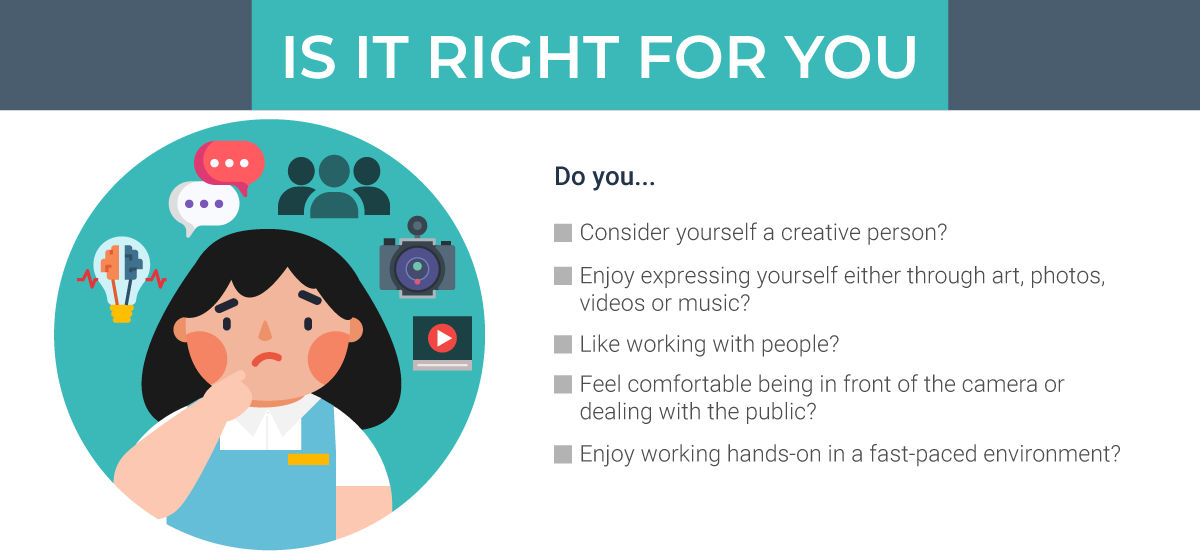 (a) Why should you pursue mass communication?
(a) Why should you pursue mass communication?